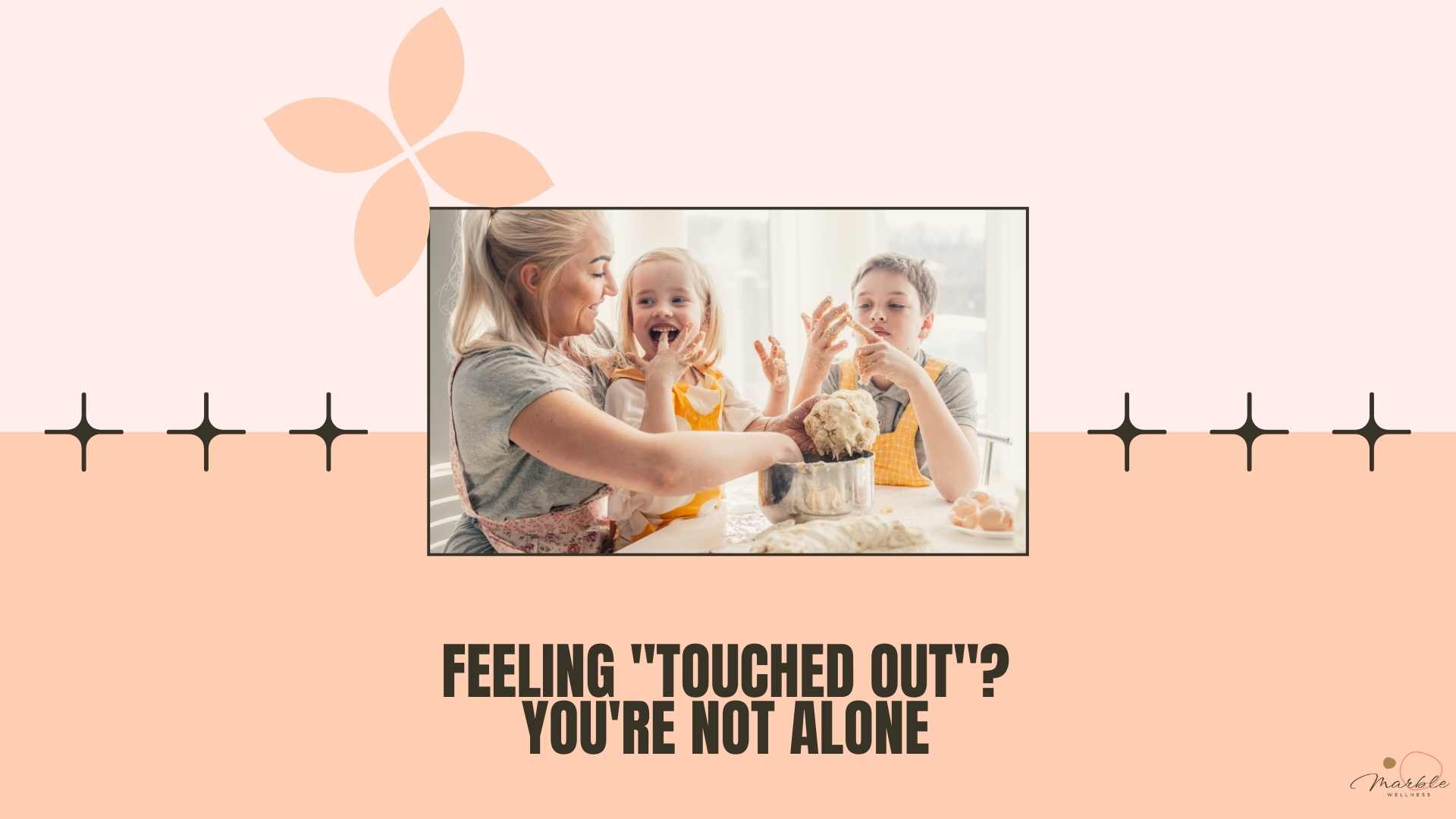Relationships are full of highs and lows, and one of the most common challenges couples face is mismatched desire regarding sex and intimacy. This discrepancy can happen at any stage of a relationship but is particularly common during seasons of life filled with stress, such as raising young children, navigating career changes, or managing major life transitions. When one partner craves physical intimacy while the other seeks emotional connection—or when both needs feel out of sync—it can create tension, frustration, and even feelings of rejection. But there’s hope. With intentionality and communication, couples can bridge the gap and find balance.
Let’s explore how couples can navigate mismatched sexual desire, foster emotional and physical intimacy, and create a partnership that thrives even during challenging seasons.
Understanding Mismatched Desire for Sex
Mismatched desire, often referred to as sexual desire discrepancy, occurs when partners have different levels or types of intimacy needs. This can manifest in various ways:
- Frequency: One partner may want sex more often than the other.
- Type of intimacy: One partner might prioritize emotional closeness while the other seeks physical connection.
- Timing: Life demands can leave one partner feeling ready for intimacy while the other feels drained.
These differences are normal but can feel disheartening if not addressed. It’s essential to remember that mismatched desire isn’t a reflection of your worth or your partner’s attraction to you. Instead, it’s an opportunity to better understand each other’s needs and grow closer as a couple.
Why Does Mismatched Sexual Desire Happen?
Several factors contribute to mismatched desire:
- Life transitions: Parenthood, aging, or career changes can shift priorities and energy levels.
- Stress and fatigue: Raising young children or managing busy schedules often leaves little time or energy for intimacy.
- Emotional disconnection: Without emotional intimacy, physical connection may feel forced or unappealing.
- Biological changes: Hormonal shifts, medical conditions, or medications can impact libido.
Understanding these causes is the first step toward finding solutions. It allows couples to approach the issue with empathy rather than blame.
The Interplay Between Emotional and Physical Intimacy
Emotional intimacy is often the foundation for physical intimacy. When partners feel emotionally connected—when they feel seen, heard, and valued—they’re more likely to desire physical closeness. Conversely, when emotional intimacy is lacking, physical intimacy can feel like an obligation rather than an expression of love.
For example:
- A partner who feels emotionally neglected may struggle to engage physically.
- A partner who craves physical touch may feel rejected when their advances are declined.
This cycle can perpetuate feelings of disconnect unless both partners actively work to rebuild trust and connection.
How to Find Balance as a Couple
Balancing mismatched desire requires open communication, empathy, and intentional effort from both partners. Here are actionable strategies to help:
1. Communicate Openly About Needs
Start by having an honest conversation about your needs—both physical and emotional. Use “I” statements to express how you feel without placing blame.
For example:
- “I feel disconnected when we don’t spend time together.”
- “I miss being physically close to you.”
Encourage your partner to share their perspective as well. Active listening—where you reflect back or re-state what your partner says—can help both of you feel understood.
2. Prioritize Emotional Intimacy
Emotional connection often drives physical desire. To strengthen this bond:
- Spend quality time together without distractions.
- Validate each other’s feelings by showing empathy and understanding.
- Share your thoughts, dreams, and fears with one another.
Small gestures like holding hands, making eye contact during conversations, or offering words of appreciation can go a long way in rebuilding emotional closeness.
3. Create Opportunities for Physical Intimacy
Physical intimacy doesn’t always have to lead to sex. Non-sexual touch—like cuddling on the couch or giving a back rub—can help build trust and comfort. Over time, these moments may naturally lead to a deeper physical connection.
4. Schedule Time for Connection
Life is busy, especially for parents juggling work and family responsibilities. Scheduling time for intimacy—whether it’s a date night or simply 15 minutes of uninterrupted conversation—can help ensure that connection doesn’t fall by the wayside.
5. Respect Each Other’s Boundaries
It’s important to honor your partner’s comfort levels while also expressing your own needs. If one partner isn’t ready for physical intimacy, explore other ways to connect emotionally or through non-sexual touch.
6. Seek Professional Support
If mismatched desire continues to strain your relationship despite your best efforts, consider seeking help from a couples therapist. Therapy provides a safe space to explore underlying issues and develop strategies tailored to your relationship.
Reframing “Sexless Marriage” Narratives
You’ve probably heard people say things like “I refuse to be in a sexless marriage.” While this sentiment underscores the importance of sexual connection in relationships, it’s also worth examining how both partners contribute to meeting each other’s needs.
Ask yourself:
- How am I showing up emotionally for my partner?
- How am I creating space for physical connection?
- Am I communicating my desires clearly?
Rather than viewing a lack of sex as a failure—or worse, assigning blame—use it as an opportunity for growth. Remember that sexual intimacy is just one aspect of a healthy relationship; emotional closeness is equally vital.
Finding Moments of Connection Throughout the Week
One common complaint among couples is that they only connect on weekends—or worse, not at all due to exhaustion from daily life.
To avoid this pattern:
- Check in with each other daily: Ask about each other’s day and share something meaningful.
- Create small rituals: Have morning coffee together or send thoughtful texts throughout the day.
- Celebrate small wins: Acknowledge each other’s efforts in parenting or work.
These moments may seem minor, but collectively contribute to a deeper sense of partnership.
When Desire Feels Mismatched: A Reminder
If you’re navigating mismatched desires in your relationship right now, know this: You’re not alone. Many couples face this challenge at some point in their journey together. It doesn’t mean there’s something wrong with you or your relationship—it simply means you’re human.
By prioritizing communication, empathy, and intentionality, you can rediscover balance in your partnership. And if you need extra support along the way? Marble Wellness offers compassionate therapy services designed to help individuals and couples reconnect emotionally and physically.
Your relationship is worth investing in—not just for yourselves but for the stability it brings to your family as well. Take small steps today toward building the connection you both deserve!
Start Couples Therapy in the St. Louis Area
If you live in the St. Louis metro area and are ready to improve your mental health, our expert St. Louis couples and marriage therapists are here to help. Not only do we have a team of therapists in Ballwin, MO, but we have also recently expanded to serve the Lake St. Louis and Wentzville area! Reach out to our Client Care Coordinator today to discuss your therapy options, both in-person and via online therapy in Missouri.
Contact Us!
Learn About Our Group Offerings

Additional Counseling Services at Marble Wellness in St. Louis, MO
Marble Wellness Counseling services are designed to help set you on a path of living a more fulfilled, calm, and happy life. Our St. Louis area therapists have a variety of training backgrounds and areas of expertise. We specialize in anxiety, depression, grief, chronic illness, therapy for men, couples, and maternal overwhelm. Our practice also helps new moms with various postpartum concerns, moms in the thick of parenting, and moms with teens. We can also chat from wherever you are in the state with online therapy in Missouri. No matter where you are in your journey, we are here to help you thrive!



